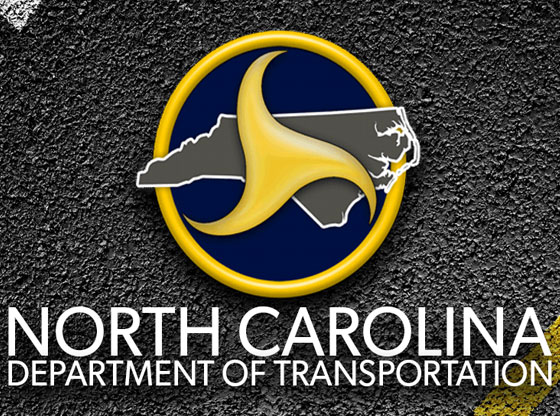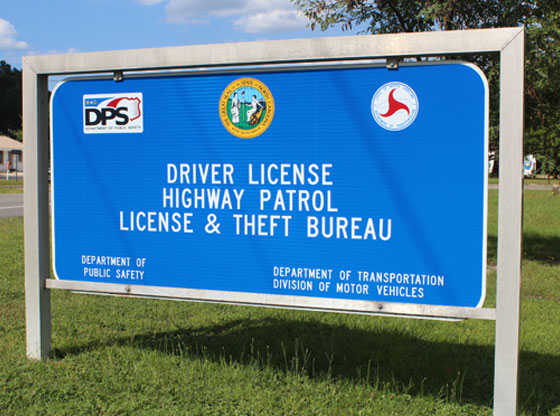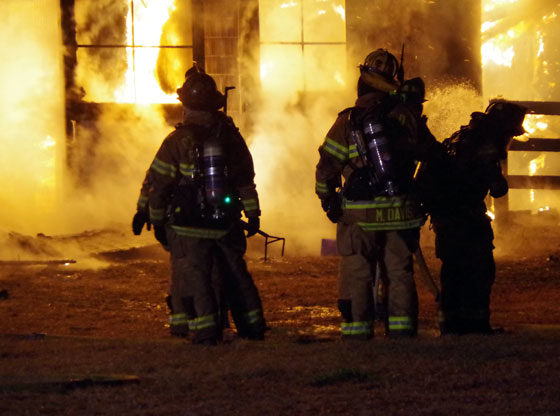RALEIGH, N.C. (AP) — In June 2005, a 63-year-old woman was thrown from a tram at the North Carolina Zoo in Asheboro. The vehicle tipped over onto her, seriously injuring her shoulder and requiring years of treatment. The state paid out $85,000 more than a decade later.
North Carolina officials agreed in 2015 to pay $100,000 to a Cumberland County family whose father’s body had been left to rot, unrefrigerated, for two days in a hospital morgue after an exam.
In Wilmington that same year, the city spent $9,000 settling a claim after police yanked a woman from her bed half-naked and handcuffed her while serving a warrant at the wrong address.
In these cases and hundreds of others, North Carolina officials have shelled out millions through insurance and taxpayer money to quell the risk of legal action — whether from an employee alleging discrimination or a driver hit by a school bus.
Despite the sometimes large price tags, these settlements can be massive cost-saving measures for agencies, staving off prolonged court battles or expensive judgments. But the payouts add up quickly.
With little uniformity in how agreements are tracked and shared with the public, a collaborative investigation released Monday by nine newsrooms across the state found the total costs sometimes difficult to calculate. The project was timed to coincide with Sunshine Week, a national celebration of open government and the public’s right to know.
Settlements between private individuals — a corporation and a former employee, for example — can be secretive by nature, and the public isn’t necessarily entitled to know details. But when a government agency is involved, those agreements must by law be disclosed to the public, with rare exceptions.
Reporters in January requested five years of settlement agreements from 61 agencies — from county school boards to the governor’s office — across North Carolina. Thousands of pages of documents revealed massive variations in the types and volume of cases agency lawyers have handled since 2014, some of which have plodded through the legal process for a decade or more.
Whether the resolution is $60 or $600,000, lawyers on both sides say the intent is to make a deal before the legal maneuvering becomes too costly for either party.
The process can be more art than science, according to Attorney General Josh Stein, whose lawyers litigate on behalf of state agencies.
“It’s playing poker,” Stein said. “You’ve been dealt a hand of cards. Somebody with the same hand of cards can end up winning the pot; someone else with the same hand of cards may fold and walk away.”
The price of running government services involves human beings making mistakes, breaking rules and suffering accidents. That can cost taxpayers millions.
For example, the state Transportation Department paid $15.3 million in workers’ compensation claims over the five years 2014 through 2018, records show. That doesn’t include medical expenses and administrative costs to manage the claims.
Sometimes settlements came after workers — like an information specialist at the North Carolina Zoo — fought reassignment to an easy-to-fire job instead of one with civil service protections.
Employees aren’t the only recipients of state payouts.
In March 2011, 76-year-old retired Army Sgt. Maj. Larry Kono died at his home in Fayetteville. His body was sent to the morgue at Cape Fear Valley Medical Center for a physical exam by a nurse practitioner contracted by the Office of the Chief Medical Examiner.
After the exam, Kono’s body was left unrefrigerated in a body bag for days. The funeral home advised against the family viewing the body.
In a memo justifying the $100,000 settlement to the family on behalf of the state Department of Health and Human Services, Special Deputy Attorney General Gerald K. Robbins was unequivocal.
“The exposure to liability going to trial would be potentially hundreds of thousands (possibly millions) of dollars if this case made it to a jury,” Robbins wrote in 2015.
Stein said that’s the calculation his agency’s lawyers have to make in every case.
“Sometimes the state was wrong. No person — certainly no corporation, no entity — is going to be right in every instance,” Stein said. “So when the state’s wrong, we have to make a payment. If we don’t settle these cases, and we just litigate them to the max, sometimes you run the risk of the adjudicator or a jury getting really upset with you.”
The media coalition’s review of the settlement agreements also revealed some contain confidentiality provisions that may run contrary to state law.
Antoine Graham and Jerry Melvin sued officers from several southeastern North Carolina law enforcement agencies after Graham was shot while the men allegedly tried to drive away from a DWI checkpoint in Brunswick County in 2013. The formal settlement said the plaintiffs would forfeit the $155,000 they received if they talked to reporters about the incident or shared video from the incident.
“If the plaintiffs are asked by anyone about the terms or conditions of this Settlement and Release, he will limit his response to the following: ‘The matter has been resolved,'” Graham’s settlement agreement reads in part.
Several agencies had yet to provide a single page of records by the deadline for this story.
Nearly a month after the original request was filed, Department of Public Instruction spokesman Drew Eliott said reporters should have directed the inquiry to the attorney general’s office, which negotiates the claims. Every other state agency uses lawyers with the attorney general’s office in a similar manner, but no other agency sent reporters there to get records.
In contrast, several agencies responded swiftly and completely. By the end of February, the Agriculture Department provided more than 600 documents, some of which show:
— Dollar General stores were fined every year from 2014 through 2018 for overcharging customers with price-scan errors. The department’s Standards Division inspects retail pricing equipment for accuracy.
— In 2017, the department tried to charge the Waterkeeper Alliance environmental organization just over $2,000 to fill a large request for public records. The Alliance sued to challenge the fee. To settle the dispute, the agency paid almost $700 to the group and made a $2,000 donation to the Sunshine Center of the Open Government Coalition at Elon University.
Feature photo: This Jan. 1 2017, file photo from N.C. Dept. of Justice & Attorney General’s Office’s Facebook page shows North Carolina Attorney General Josh Stein the day he was sworn in. Settlements between private individuals — a corporation and a former employee, for example — can be secretive by nature, and the public isn’t necessarily entitled to know details. But when a government agency is involved, those agreements must by law be disclosed to the public, with rare exceptions. The process can be more art than science, according to Attorney General Stein, whose lawyers litigate on behalf of state agencies. “It’s playing poker,” Stein said. “You’ve been dealt a hand of cards. Somebody with the same hand of cards can end up winning the pot; someone else with the same hand of cards may fold and walk away.”
Copyright 2019, The Associated Press. All rights reserved.
















